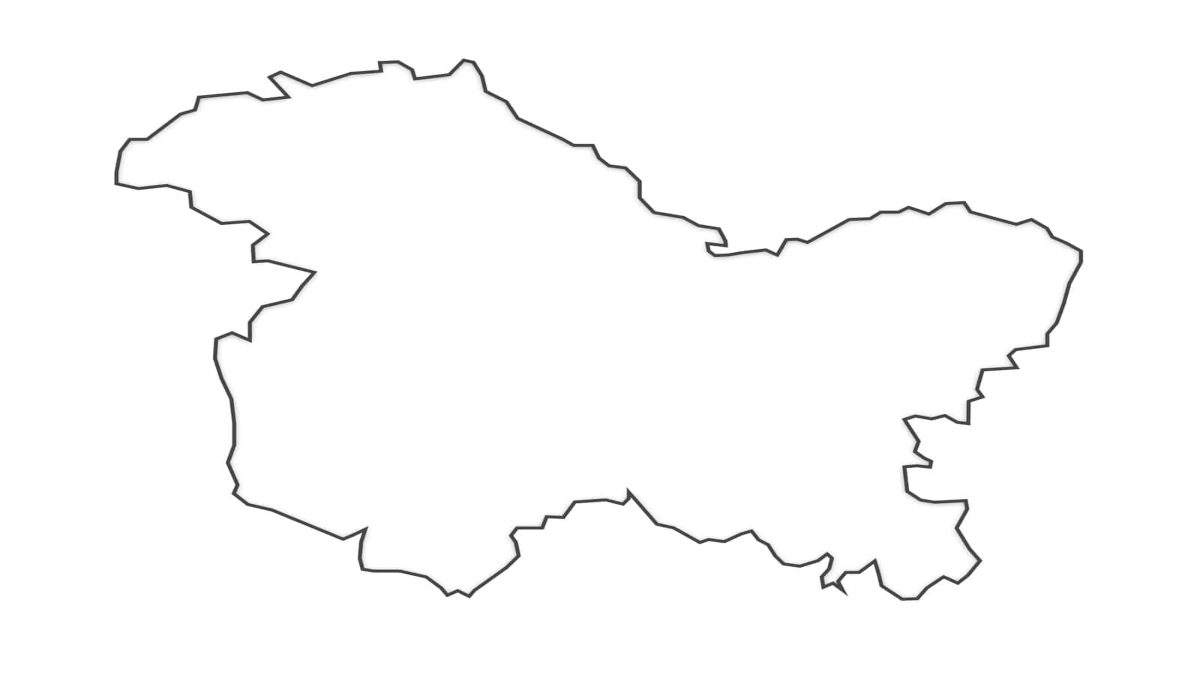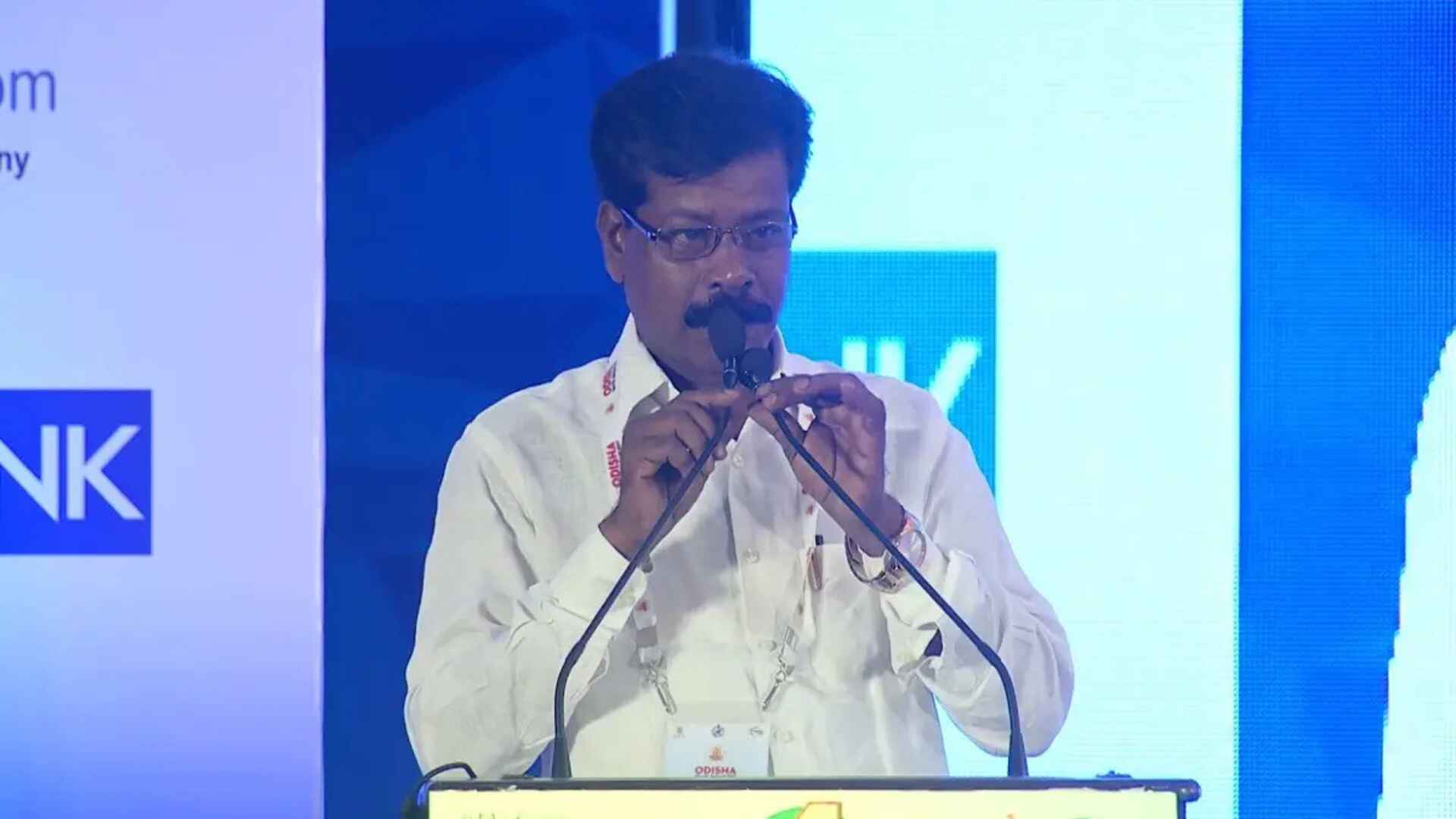The National Investigation Agency (NIA) on Sunday launched a major offensive against banned organisation Jamaat-e-Islami (JeI) by carrying out raids at 56 locations spread over 14 districts of Jammu and Kashmir.
Houses, offices, work places and trusts run by JeI in the districts of Srinagar, Budgam, Ganderbal, Baramulla, Kupwara, Bandipora, Anantnag, Shopian, Pulwama, Kulgam in Kashmir valley and Ramban, Doda, Kishtwar and Rajouri of Jammu region were raided simultaneously by a large team of NIA sleuths assisted by Jammu and Kashmir Police and CRPF. A DIG-level officer had flown from Delhi to Kashmir especially to lead the crackdown.
The case in which the raids were conducted on Sunday was registered by NIA on 5 February 2021 in pursuance to order from the Ministry of Home Affairs relating to “separatist and secessionist activities of JeI”.
Jamaat-e-Islami was banned by the Union Home Ministry, under the UA(P) Act on 28 February 2019, exactly two weeks after the Pulwama terror attack of 14 February 2019 in which more than 40 CRPF personnel lost their lives. The attack had also triggered a major arrest spree of JeI cadres.
According to sources, Sunday’s raids were triggered by the inputs that the members of the organisation have been collecting funds domestically and abroad through donations particularly in the form of Zakat, Mowda and Bait-ul-Mal purportedly to further charity and other welfare activities. “But these funds are instead being used for violent and secessionist activities. The funds raised by JeI are also being channelised to proscribed terrorist organisations such as Hizbul Mujahideen (HM), Lashkar-e-Taiba (LeT) and others through well organised networks of JeI cadres. JeI has also been motivating impressionable youth of Kashmir and recruiting new members (Rukuns) in J&K to participate in disruptive secessionist activities,” a spokesperson of NIA said.
Searches conducted on Sunday included the premises of office bearers of the JeI, its members and also offices of trusts run by JeI. During the searches, various incriminating documents and electronic devices were seized from the premises of the suspects.
In Srinagar searches are carried out at the residence of Gazi Moin-ul Islam, a resident of Soura and Falah-e-Aam Trust Nowgam, Ghulam Mohammad Bhat, son of Mohammad Jaffar Bhat at present HIG Colony Bemina, Bashir Ahmad Lone at Harwan and Faheem Ramzan at Lal Bazar.
Sources said that in South Kashmir’s Anantnag district, houses of Mushtaq Ahmad Wani, Nazir Ahmad Raina, Farooq Ahmad Khan, all residents of Kokernag, Aftaq Ahmad Mir, resident of Badoora Achabal, and Ahmadullah Parrey, resident of Khiram Bijbehara, were raided and searched.
In Bandipora, former Jamaat president Mohammad Sikander Malik’s residence at Gundpora was searched by the NIA. In Ganderbal, the NIA raided the residences of Gul Mohammad war, Zahoor Ahmad Reshi and Mehraj ud din Reshi. It also raided the houses of Mohammad Yousuf Sheikh, son of Gulam Hassan Sheikh, Riyaz Ahmad Ganie in Shopian. In adjacent Kulgam, the NIA searched residences of Ghulam Hassan Sheikh and Mohammad Yosuf Rather. In the Jammu region, the agency raided many places in Ramban, Doda, Kishtwar and Rajouri districts.
The Centre had banned the Jamaat-e-Islami Jammu and Kashmir in 2019 for five years under anti-terror law on grounds that it was “in close touch” with terrorist outfits and is expected to “escalate secessionist movement” in the state.
In the notification issued by the Union Home Ministry, the Jamaat was charged with “unlawful association”, for being in “close touch with militant outfits and supporting extremism and militancy in Jammu and Kashmir”. The decision was taken after a high-level meeting on security chaired by Prime Minister Narendra Modi.
The cadre-based organisation is perceived to be the ideological parent of the Hizbul Mujahideen, the largest terrorist outfit in the Valley.
Just before and soon after the abrogation of Article 370 on 5 August 2019, the Jammu and Kashmir Police along with other security agencies launched a major crackdown on JeI cadres and picked and detained hundreds of them. Many of its leaders are still languishing in jails in and outside Jammu and Kashmir. Though the organisation has denounced militancy publicly more than once, security and intelligence agencies believe that it is still funneling funds for Hizbul Mujahideen led by Syed Salahudin.
Recently the administration in J&K terminated the services of two sons of Syed Salahudin along with many others for “working against the national interest.”












